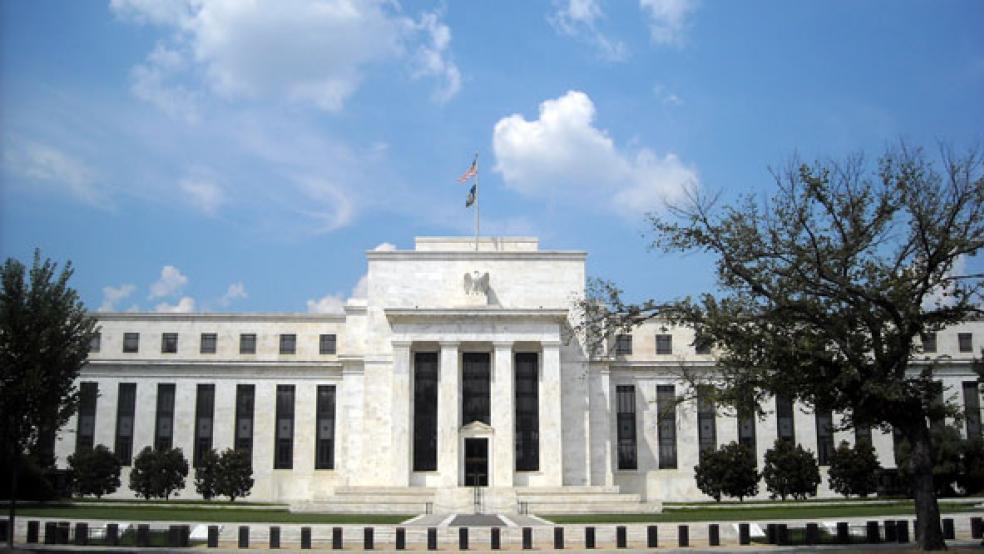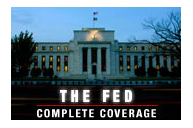Stanley Fischer, who led the Bank of Israel for eight years until he stepped down in June, has been asked to be the Federal Reserve's next vice chair once Janet Yellen takes over as chief of the U.S. central bank, a source familiar with the issue said on Wednesday.
Fischer, 70, is widely respected as one of the world's top monetary economists. At the Massachusetts Institute of Technology, he once taught current Fed Chairman Ben Bernanke and Mario Draghi, the European Central Bank president. Yellen, the current Fed vice chair, is expected to win approval from the U.S. Senate next week to take the reins from Bernanke, whose term ends in January.
Related: 4 Questions Janet Yellen Needs to Answer
Fischer, as an American-Israeli, was widely credited with guiding Israel through the global economic crisis with minimal damage. For the Fed, he would offer the fresh perspective of a Fed outsider yet offer some continuity as well. "He's been offered the job," said the source, who declined to be named.
Fischer is difficult to characterize "with a term as obtuse as 'hawk' or 'dove' because he takes a balanced, academic approach to various topics of debate," said Thomas Simons, an economist at brokerage Jefferies. "However, given that he played an instrumental role in helping Ben Bernanke form his views on monetary economics, his presence at the Fed would represent some consistency in this time of transition."
The Fed has taken dramatic and unconventional steps to spur economic growth since the financial crisis and is now wrestling with a decision on when to scale back a huge bond-buying program that has sought to drive down long-term borrowing costs. The current third round of 'quantitative easing' entails buying $85 billion a month in Treasuries and mortgage-backed securities.
As Fed vice chair, Fischer would have a strong hand in shaping policy. Yellen, who has been vice chair since 2010, was a driving force behind the Fed's adoption last year of an inflation target, an important policy milestone for the bank. At an IMF economic forum on November8 in Fischer's honor, he suggested he is a strong believer in the effectiveness of the Fed's unconventional policies.
"What we have learned this time is that monetary policy does not in fact necessarily lose its effectiveness at the zero lower bound (for rates), and that there is a lot that the central bank can do to continue to support the economy even when the central bank interest rate is effectively zero.
"We know from what the Fed has done in this crisis, the quantitative easing programs in particular, there is controversy about how effective those programs are," Fischer said on a panel with Bernanke and others.
"It's very hard to reach the conclusion that the unorthodox measures are ineffective," he added. "They appear to be effective and they essentially do that by working off either the provision of liquidity in markets where liquidity has effectively dried up, or by changing interest rates other than the central bank interest rate, for instance in markets where longer term interest rates are determined."
Bloomberg News and Israel's Channel 2 earlier reported Fischer as the front runner for Fed vice chair. The White House and the Fed declined to comment.
Additional reporting by Ann Saphir in Chicago and Jonathan Spicer in New York, both of Reuters.





